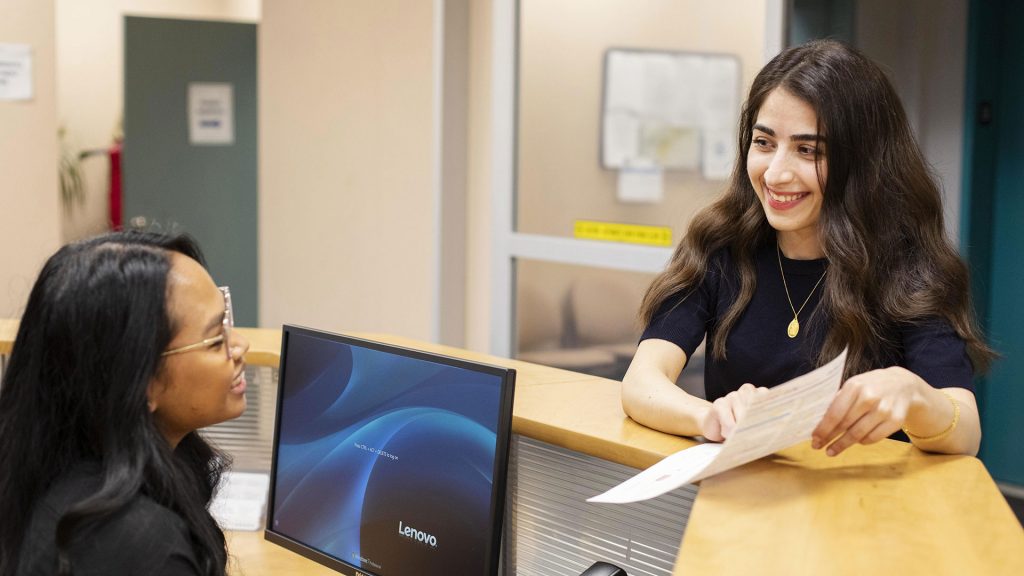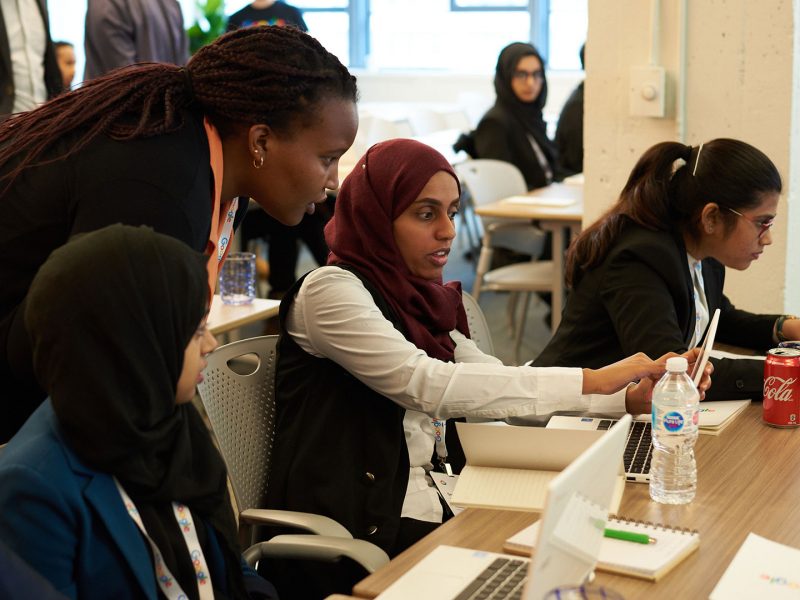Synergy: Workforce Development for Vulnerable Women to Succeed
Vulnerable women face many social, political, and economic obstacles affecting their ability to get and keep a job. These are part of systemic discrimination that creates inequalities based on gender such as the foster care system, expensive transit costs, precarious housing, and burnout culture. In other words, improving labour market access for vulnerable women is not just about upgrading skills, but providing the effective supports and interventions that address those barriers.

YWCA is conducting a three-year national study to identify practices to build social resilience and labour market access for vulnerable women. Future Skills Centre is investing $686,000 to assist in piloting those identified practices with 1,000 women at 10 sites across Canada. These pilots will help fine-tune the practices aimed at advancing gender equity in the labour market, with a focus on disadvantaged groups.
The Synergy project’s innovative proposal includes:
- Up to 20 YWCA member organizations collaborating nationwide;
- Using gender-based analysis+, holistic approaches, and trauma-informed lens to examine factors and influences on labour market participation and gainful employment;
- Piloting in 10 sites with 1,000 women across the country to address a range of chronic barriers such as housing precarity, rural and remote living, poverty, newcomer issues, single parenthood, indigeneity, disabilities;
- Mobilizing evidence of what works through practical tools such as online training modules and infographics to improve capacity of 350 service providers;
- Improved YWCA trauma-informed national training standards affecting 330,000 women a year; and
- Working with five employers from different sectors to identify and implement strategies for workforce inclusion of vulnerable women.
Evaluation Strategy
This project will be evaluated using tools and approaches aligned with its goals, context, and stage of development. The evaluation will focus on generating the right evidence at the right moment to move the intervention forward. Read more about our evaluation strategy.

Featured Projects
Canadian Alliance for Skills and Training in Life Sciences (CASTL)
Futureproofing the Food and Beverage Processing Workforce
Upskilling Canadian youth for in-demand tech careers




